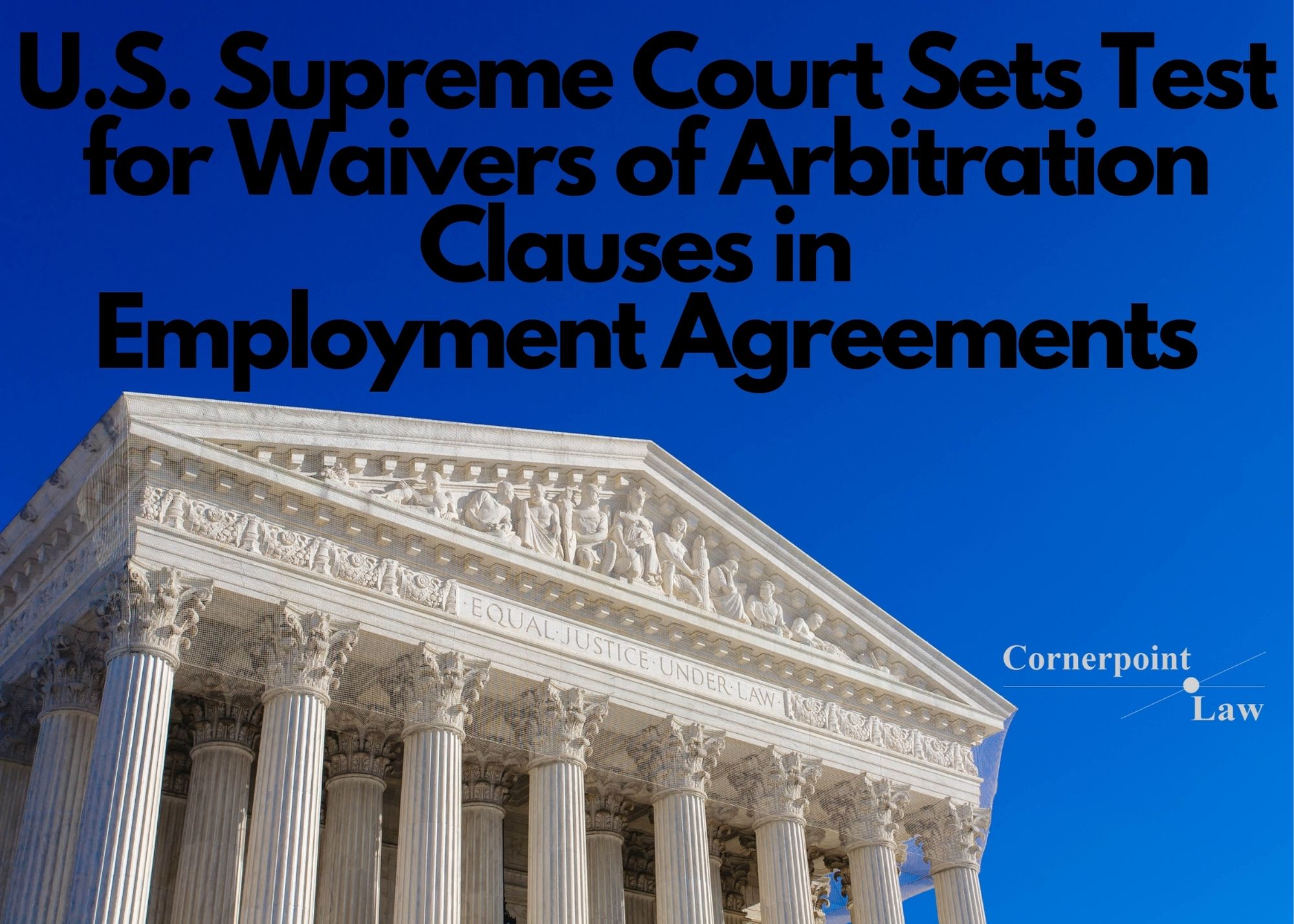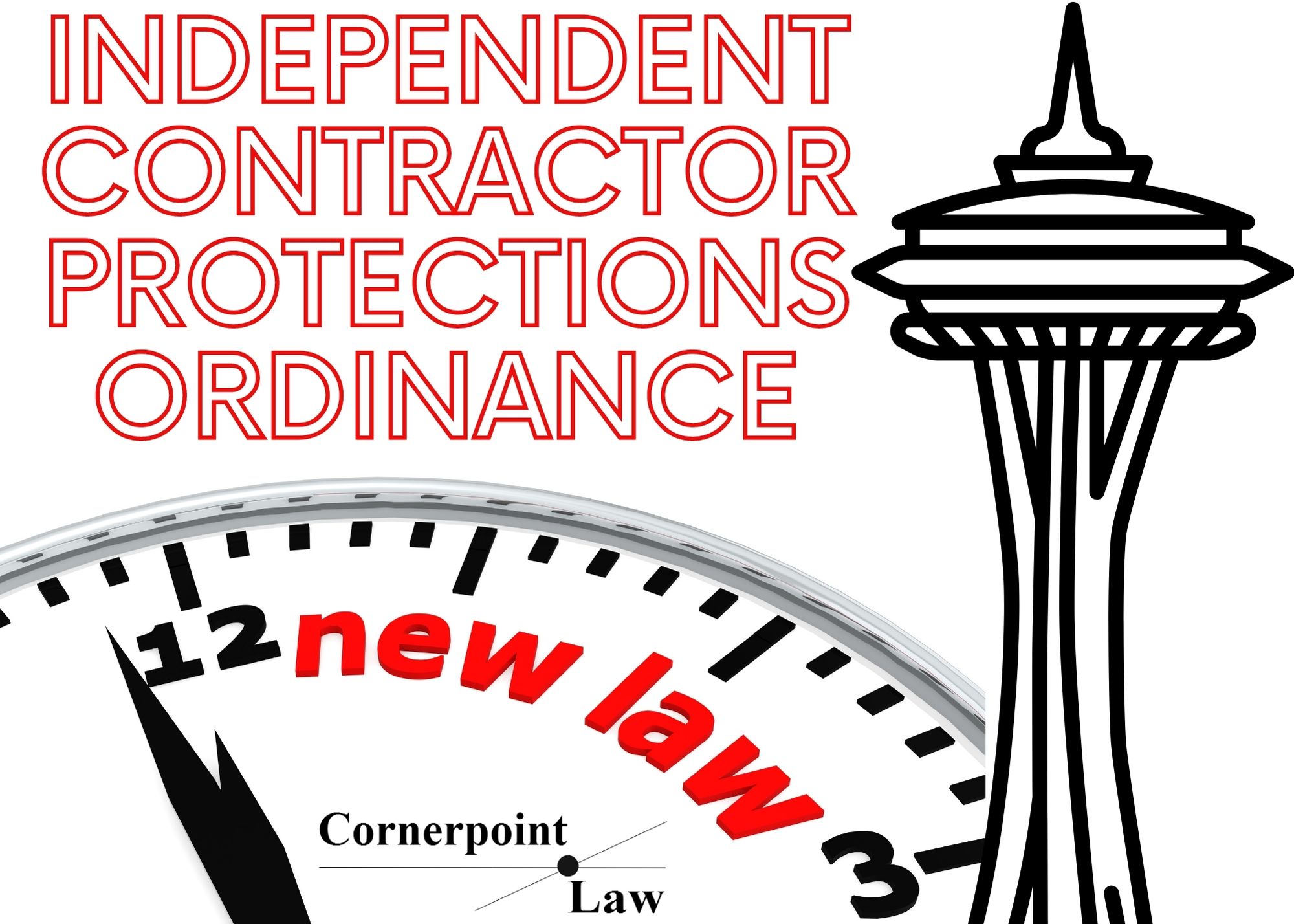Charting Discovery: Show Me Your Cards
June 29, 2018
Unauthorized use and/or duplication of blogposts without express and written permission is strictly prohibited. Excerpts and links may be used, provided that full and clear credit is given, and with appropriate and specific direction to the original content.
The author of this post can be reached by phone at 206-693-2718 or by email.
Use Discovery to Request Information and Avoid Surprises
By Stacia Hofmann
What happens after a plaintiff files a lawsuit and the defendant answers the complaint? Washington civil litigants then enter a phase known as “discovery.” Discovery allows all parties to have (somewhat) equal knowledge of the facts of the case so that each party can evaluate strengths and weaknesses, develop a strategy, and, most of the time, settle the case. Because our courts don’t encourage trial by ambush, the parties may engage in the discovery process for weeks, months, or even years.
I’ve put together the following chart for the most popular types of discovery in civil (non-criminal) court venues in Washington.1 Because different courts have different discovery rules and limits, knowing what kind of discovery can be conducted is an important part of litigation preparation, budgeting, and strategy.2
Each court’s general discovery rule is found in Civil Rule 26. Some types of discovery are governed by specific rules, as noted below. Small Claims Court generally does not allow discovery.
| Type of Discovery | What Is It? |
|---|---|
| Interrogatories | Interrogatories are written questions asking a party to disclose, in a writing that may be admissible in court, the answering party’s version of the facts. Interrogatories may also include questions about a party’s background, the identity of witnesses, claimed damages, and expert opinions. The number and/or type of questions are limited in state district court, in federal district court, in superior court’s mandatory arbitration program, and in some state superior courts. Specific rules about Interrogatories are found in Civil Rule 33. |
| Requests for Production | Requests for Production are written questions asking the responding party to provide copies of relevant documents. Correspondence, contracts, photos, various types of records, and expert reports are all commonly requested. The number and/or type of questions are limited in state district court, in federal district court, in mandatory arbitration, and in some state superior courts. Specific rules about Requests for Production are found in Civil Rule 34. |
| Request to Inspect Land or Other Property/Physical and Mental Examination of Persons | Sometimes a party may need to examine a person, place, or thing instead of a document. For example, in personal injury cases, a defendant may want to examine the injured plaintiff. Or, in a premises liability case, a plaintiff may want to examine the condition of the property where the accident occurred. To examine a person, place, or thing, the Inspection or Examination must be relevant to the case, and a requesting party has to be reasonably specific about the scope of the Inspection or Examination in advance. These types of Inspections and Examinations are generally allowed in state district court, in state superior court, in federal district court, and in mandatory arbitration, but judges and arbitrators often have to decide whether to allow the examination and under what parameters. Requests to Inspect Land or Property are found in each court’s Civil Rule 34 and Examinations of Persons are governed by each court’s Civil Rule 35. |
| Subpoena Duces Tecum | What if relevant documents or property are in the possession of a third party instead of the opposing party? Since a third party is not “in the lawsuit,” he or she cannot be asked to respond to Interrogatories, Requests for the Production of documents, or Inspections or Examinations. Instead, third parties must be served with a Subpoena Duces Tecum instructing them to produce documents or things at a certain time and place. Subpoenas Duces Tecum are allowed in state district court, in state superior court, and in federal district court. Subpoenas Duces Tecum are not allowed in mandatory arbitration unless the arbitrator approves. Rules about Subpoenas are found in each court’s Civil Rule 45. |
| Deposition | There is no other discovery tool quite like a Deposition – where an opposing party or a subpoenaed third party gives oral testimony under oath. The testimony is recorded by a court reporter, and, in many instances, may be videotaped. Not only is it far more efficient to ask questions in verbal conversation instead of in writing, but credibility may be observed and assessed. The number of Depositions is not limited in state superior court, but state district court, federal district court, and mandatory arbitration all limit the number and/or type of Depositions. Rules for Depositions are found in each court’s Civil Rule 30. |
*Currently, cases worth less than $50,000 and filed in state superior court are subject to a process called mandatory arbitration (not to be confused with private arbitration), which has its own set of specific rules (“Mandatory Arbitration Rules” or “MAR”) that do not match up by number with the Civil Rules.
This blog is for informational purposes only and is not guaranteed to be correct, complete, or current. The statements on this blog are not intended to be legal advice, should not be relied upon as legal advice, and do not create an attorney-client relationship. If you have a legal question, have filed or are considering filing a lawsuit, have been sued, or have been charged with a crime, you should consult an attorney. Furthermore, statements within original blogpost articles constitute Stacia Hofmann’s opinion, and should not be construed as the opinion of any other person. Judges and other attorneys may disagree with her opinion, and laws change frequently. Neither Stacia Hofmann nor Cornerpoint Law is responsible for the content of any comments posted by visitors. Responsibility for the content of comments belongs to the commenter alone.
- The chart is not exhaustive, and notably excludes Requests for Admission, which are governed by Civil Rule 36. ↩
- Each type of discovery has certain deadlines and notice requirements, as well as bases for objections. A court can sanction a party who fails to comply with properly-requested discovery. ↩




